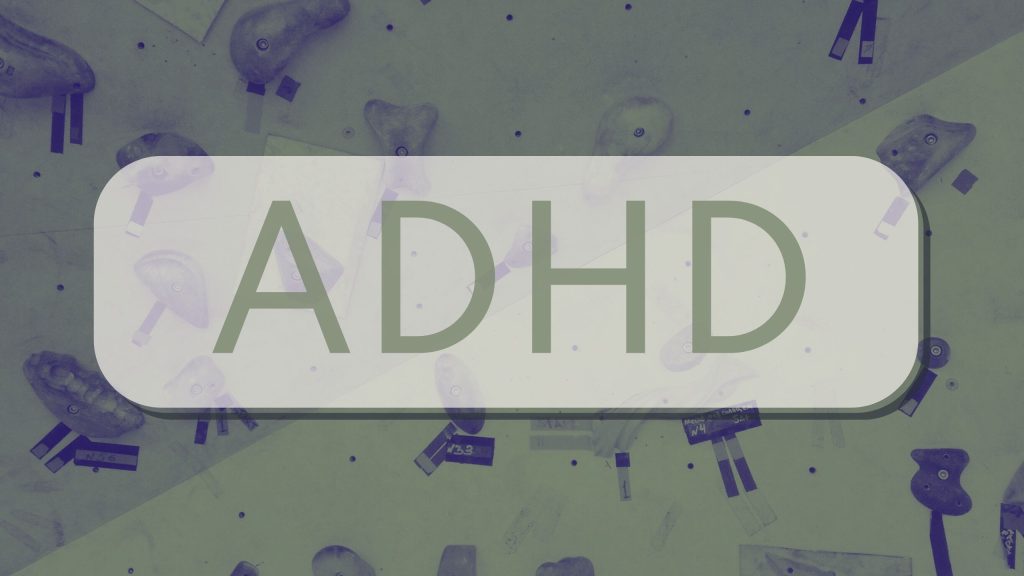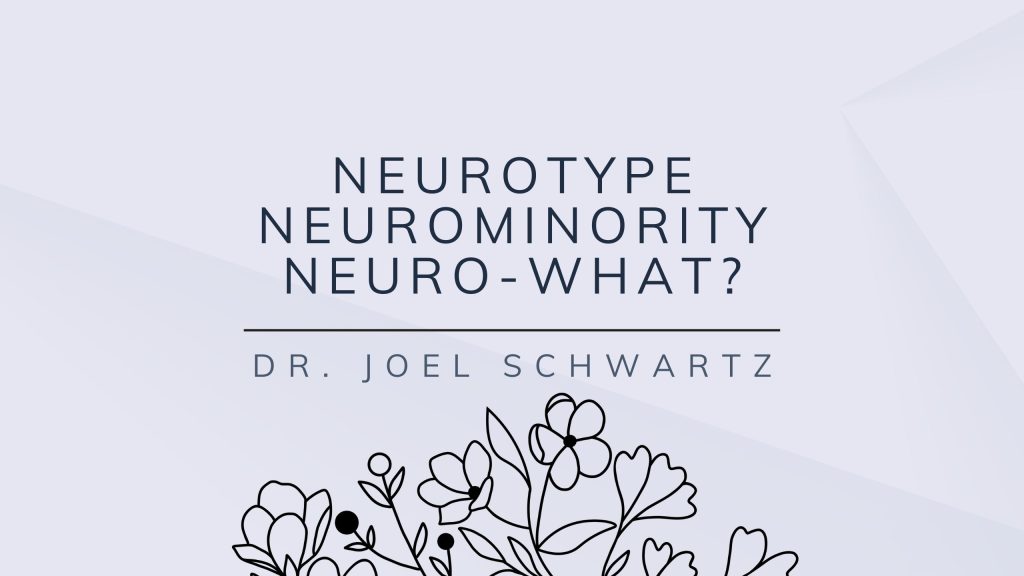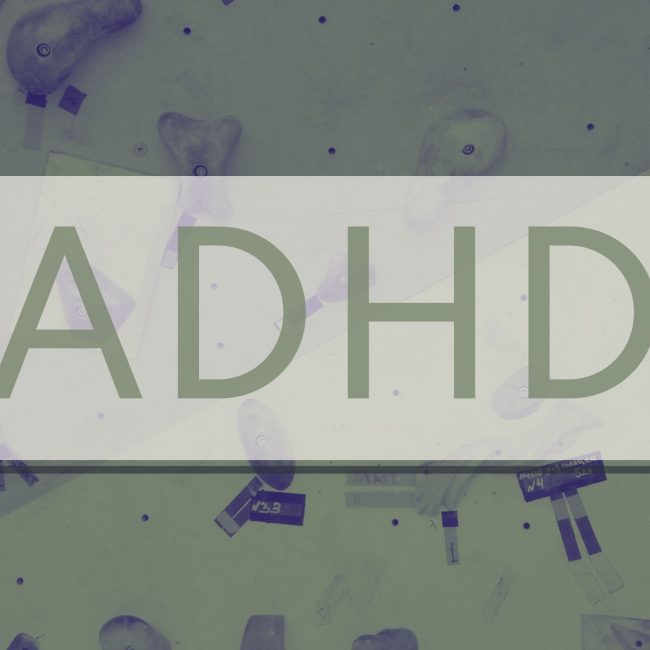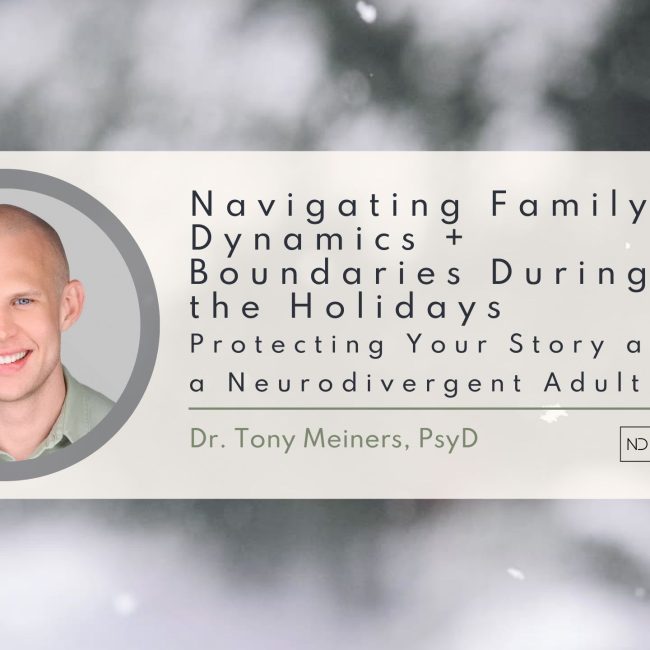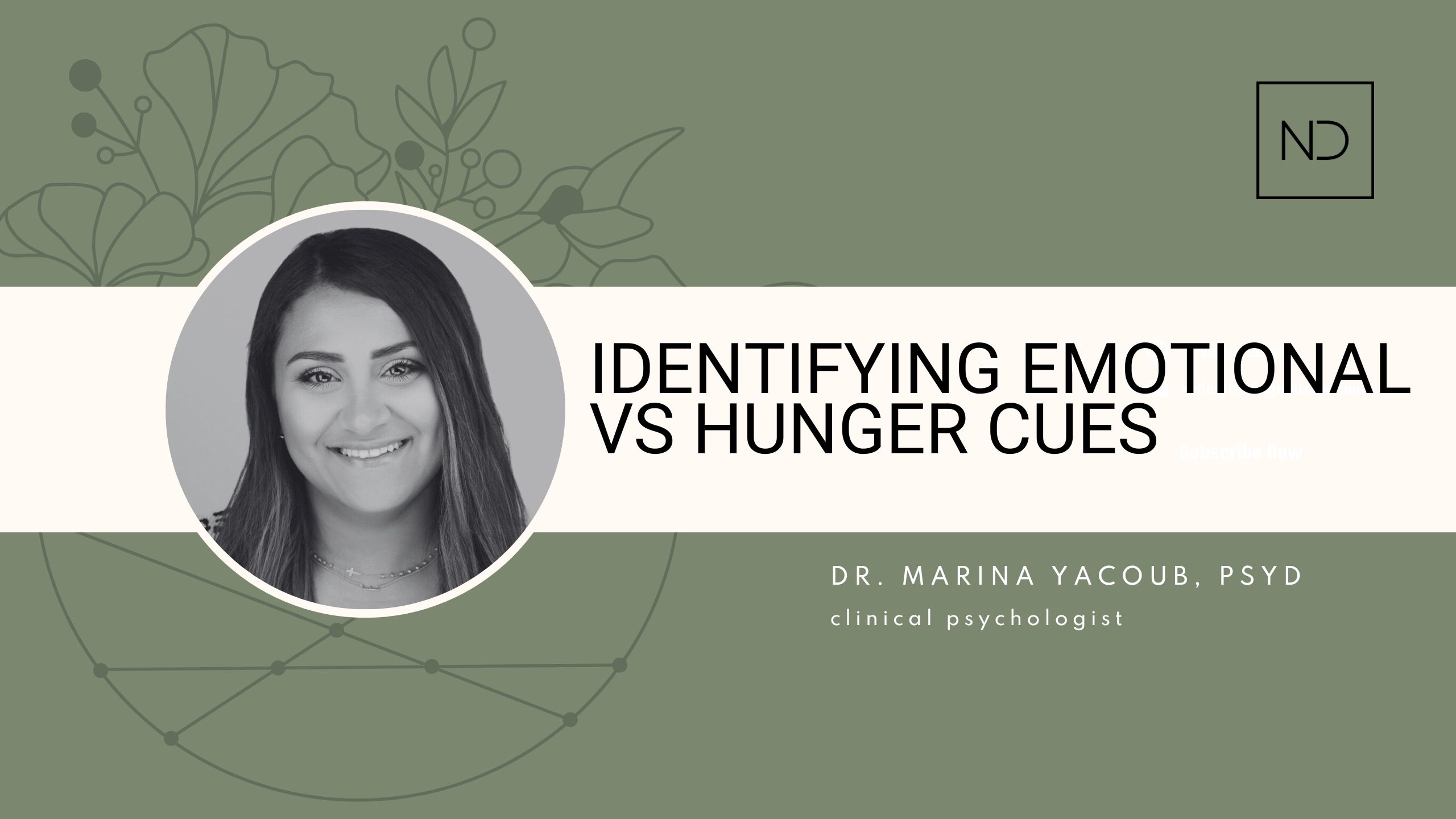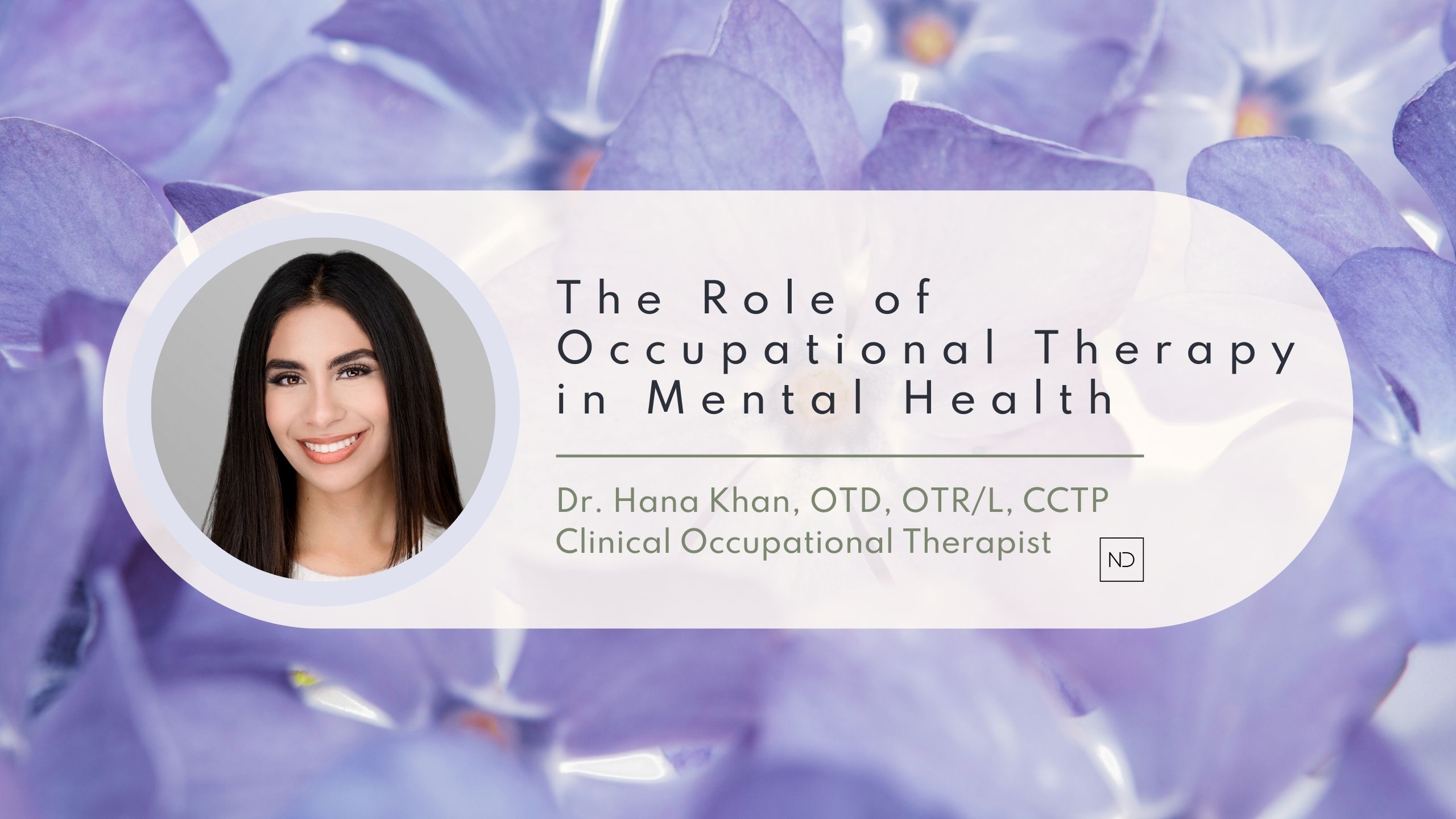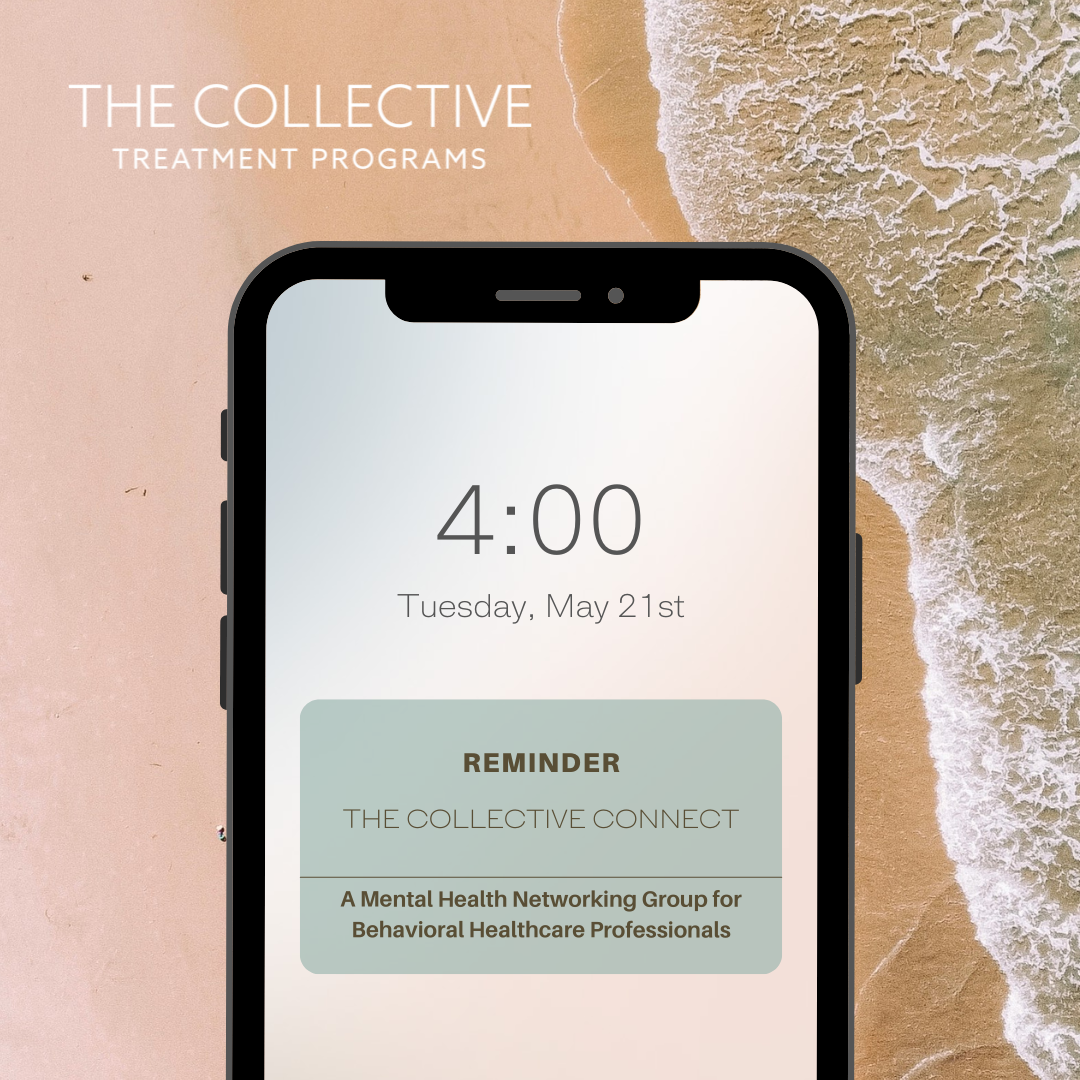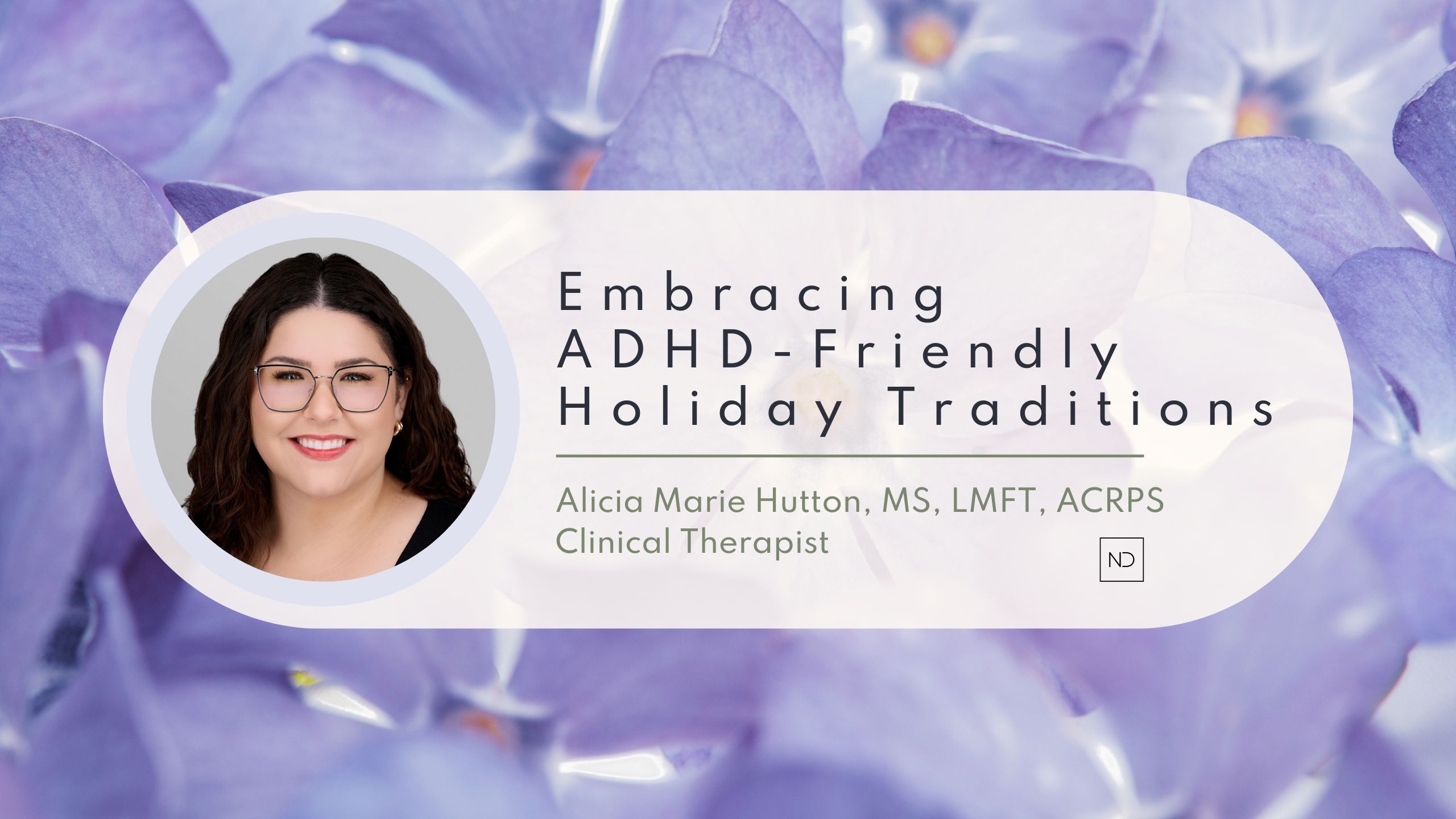
Embracing ADHD-Friendly Holiday Traditions
Written by: Alicia Marie Hutton, MS, LMFT, ACRPS
As the holiday season approaches and the to-do list grows, many ADHD folks experience a surge in guilt and shame. Whether it’s Thanksgiving, Christmas, Hanukkah, Diwali, or New Year’s, the holidays often bring societal expectations that place a heavy burden on executive functioning, which many ADHD folks already struggle with on a daily basis.
Understanding Guilt and Shame in ADHD
To understand why the holidays can be especially challenging, it’s helpful to look at the difference between guilt and shame. Guilt is about what we do—mistakes we make or tasks we don’t complete. However, shame is deeper. It’s not about what we do, but who we are. For ADHD folks, these feelings of guilt and shame often begin in childhood and continue into adulthood due to executive functioning challenges and a lack of adequate support and resources.
Guilt and shame contribute to stress, depression, anxiety, and low self-esteem, impacting relationships, work, school, and even daily tasks. With the added expectations of the holiday season, these feelings are often amplified for ADHD folks.
The Role of Executive Function in ADHD and the Holidays
Executive function refers to the mental skills we use to plan, organize, prioritize, focus, manage time, regulate emotions, remember information, and control impulses. These skills are the backbone of everyday functioning, but are often a challenge for ADHD folks.
The holiday season requires a lot of executive functioning. From organizing holiday gatherings, shopping for gifts, managing time between work and social events, to cooking or decorating, the demands are high. The holidays can also be different depending on cultural and religious practices—whether it’s coordinating travel to visit family for Thanksgiving, remembering all the steps in preparing a traditional meal, or even finding time to attend religious services. All of this can leave ADHD folks feeling overwhelmed, exhausted, and stretched thin.
The Rise of Guilt and Shame During the Holidays
I often hear increased negative self-talk as people prepare for the holidays. Phrases like “I’m always forgetting something and messing things up” or “Why can’t I just get it together like everyone else?” echo feelings many ADHD folks face, shaped by a lifetime of internalizing societal expectations—standards that aren’t always built for ADHD brains.
These feelings don’t just appear during the holidays; they exist year-round. ADHD folks often hear that they “should” be able to focus, get organized, or be on time, or that they are “lazy” or “just need to apply themselves.” The holidays, however, amplify these feelings as society, media, and even well-meaning loved ones bombard us with messages about what the holidays “should” look like.
The “Shoulds” of the Holiday Season
During the holidays, we’re inundated with messages about how things should be:
- “You should plan, prepare, and host the perfect holiday dinner.”
- “You should be excited for (and remember to) attend every holiday party.”
- “You should find all your decor and decorate your home inside and out.”
These expectations were not designed with ADHD in mind, which can make meeting them feel like an uphill battle. Rather than accommodating neurodiverse ways of thinking and functioning, these “shoulds” are often based on neurotypical standards.
The Exhaustion of Navigating a Neurotypical World
There are many wonderful tools, strategies, and skills designed to help ADHD folks function in a world that wasn’t designed for them. While things like planners, apps, and time-management systems are beneficial, they can also be tiring to find, implement, and maintain—especially during an already stressful season.
Reframing the Holidays for ADHD Brains
Instead of pushing yourself to meet these societal “shoulds,” I encourage you to explore the neurotypical expectations you’ve internalized. When you catch yourself thinking, “I should be able to host this dinner,” or “I should have finished my holiday shopping by now,” ask, “Who says?” Often, these “should” statements are arbitrary and based on societal expectations.
Who says holiday dinners must be grand, homemade feasts? Why not make it a potluck or something simpler? Who says you need elaborate gifts for everyone? Instead, focus on thoughtful gestures that don’t strain your executive functioning.
By challenging internalized expectations, you open up space for a holiday experience that aligns with how ADHD brains function. Reframing in this way frees up time, energy, and emotional capacity to focus on what you actually enjoy about the holidays, allowing you to feel less guilt and shame and more joy.
Permission to Enjoy the Holidays—On Your Terms
ADHD folks deserve to enjoy the holidays without carrying the weight of guilt and shame. Giving yourself permission to experience the holidays in a way that fits your brain type opens up opportunities for more connection with loved ones and greater overall well-being.
Reframing the holidays isn’t about lowering standards or avoiding responsibilities. It’s about recognizing that ADHD brains operate differently—and that’s okay. By releasing yourself from the “shoulds,” you can embrace a holiday season that feels authentic and joyful.
As the holidays approach, ask yourself: What parts of this season bring me joy? Which traditions make me feel connected to others? How can I participate in these in ways that align with my strengths?
ADHD folks deserve to embrace the holidays without guilt or shame. Let this season be an opportunity to let go of “shoulds”, find peace, and celebrate on your own terms.
In reframing the holidays, you can reclaim the power of joy, connection, and self-compassion—something everyone deserves.
Do you have a question?
Send us a message


